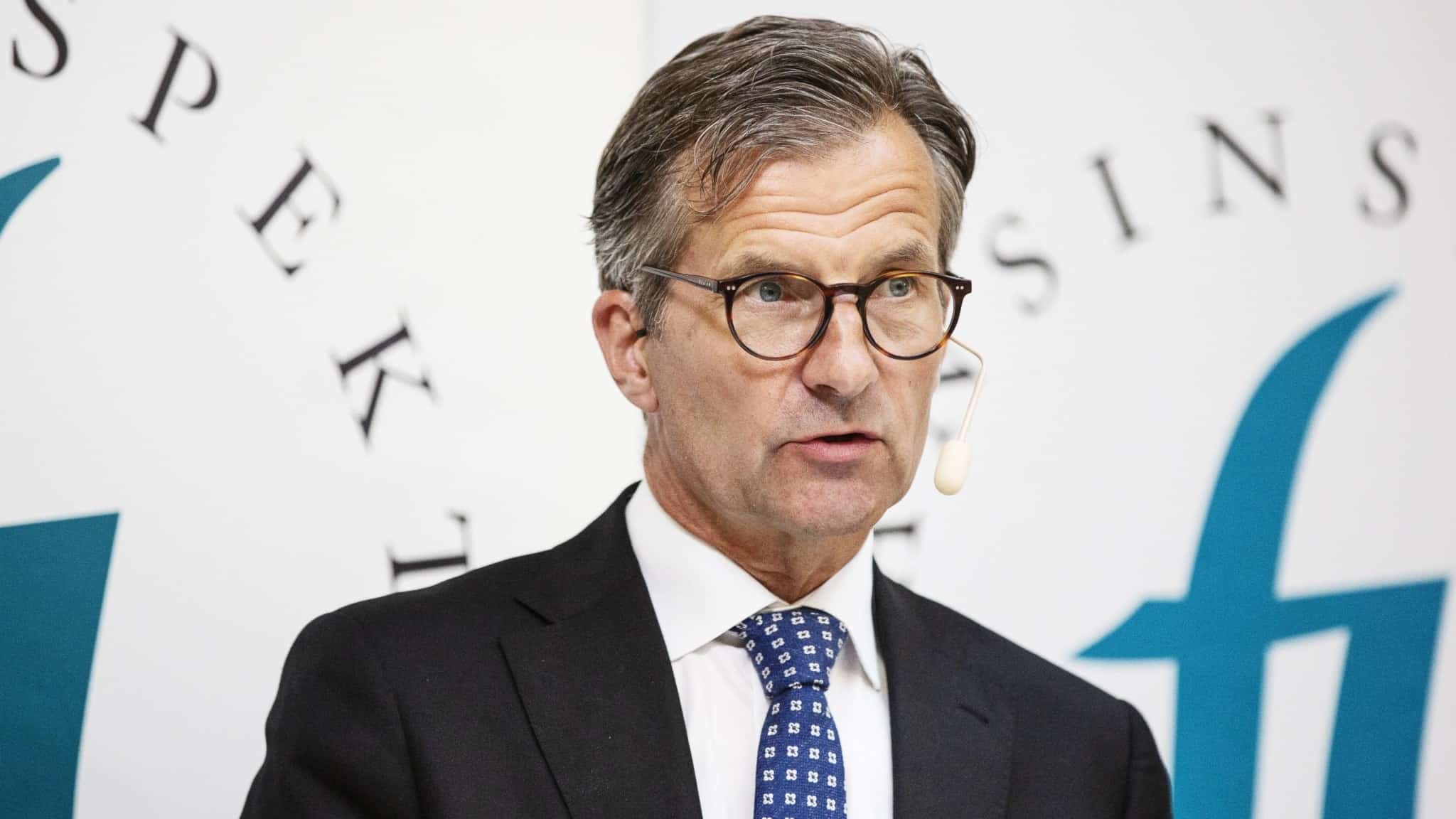The vice-chair of the European Securities and Markets Authority (ESMA) – Erik Thedéen – urged the EU financial regulators to prohibit the cryptocurrency mining model known as proof-of-work. He also claimed that bitcoin has turned into a “national issue” for his homeland Sweden because of the amount of renewable energy devoted to mining the asset.
‘The Solution Is to Ban Proof-of-Work’
In a recent interview for the Financial Times, Erik Thedéen (also Director-General of Sweden’s FCA) opined that cryptocurrencies employing the proof-of-work mining methodology pose significant risks to the environment. As such, European regulators should encourage the proof-of-stake model, which is less energy-intensive:
“We need to have a discussion about shifting the industry to a more efficient technology. The solution is to ban proof-of-work. Proof-of-stake has a significantly lower energy profile.”
It is worth noting that the two largest digital assets by market capitalization – Bitcoin and Ether – rely on the proof-of-work mining technology. However, Ethereum is on its way to upgrading the network to Ethereum 2.0 as the transition is expected to happen this summer. Following the development, the second-largest blockchain protocol will start utilizing the proof-of-stake method and thus become more green-focused.
Bitcoin, though, has no plans to switch its mining model. Thedéen said the primary digital asset is now a “national issue” for Sweden because a considerable percentage of renewable energy is currently dedicated to mining it. The ESMA exec thinks Swedish electricity should be employed in creating traditional services and not BTC:
“It would be an irony if the wind power generated on Sweden’s long coastline would be devoted to bitcoin mining.”
The Good Side of BTC Mining
In October last year, the authorities of the Canadian town North Vancouver decided to employ the energy released from bitcoin mining into heating residential and commercial buildings. The initiative should see the light of day during the first half of 2022 as it was supported by the joint efforts of Lonsdale Energy Corporation (LEC) and the local digital asset miner MintGreen.
The latter asserted that its “Digital Boilers” could prevent 20,000 tones of GHGs from entering the atmosphere per MW compared to natural gas.
In turn, Karsten Veng – CEO at Lonsdale Energy Corporation – raised hopes that the collaboration will be beneficial for the Canadian town, home to nearly 50,000 people, and for the environment:
“LEC is on a journey to lower greenhouse gas emissions, and this project will be part of that.”




















